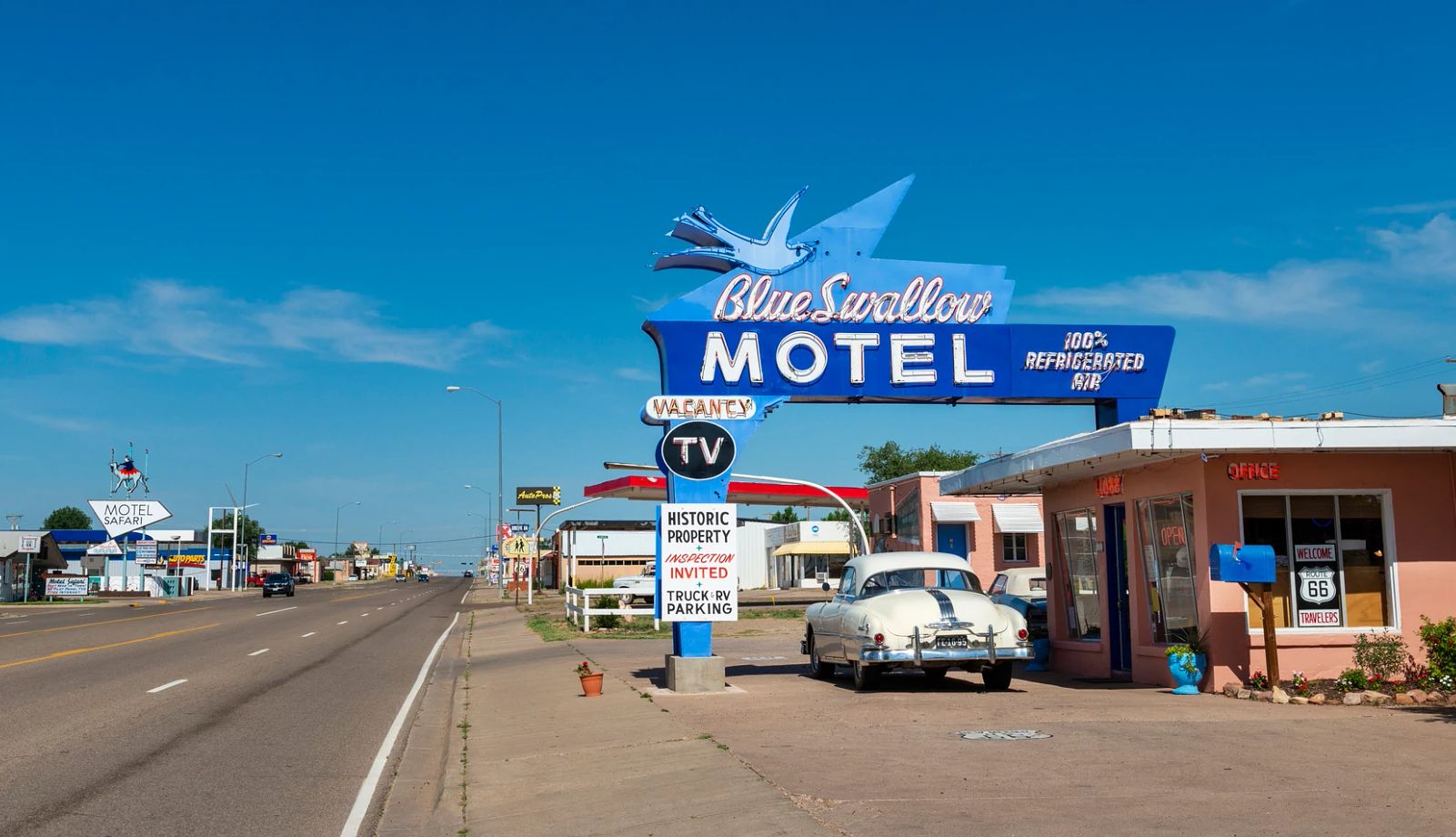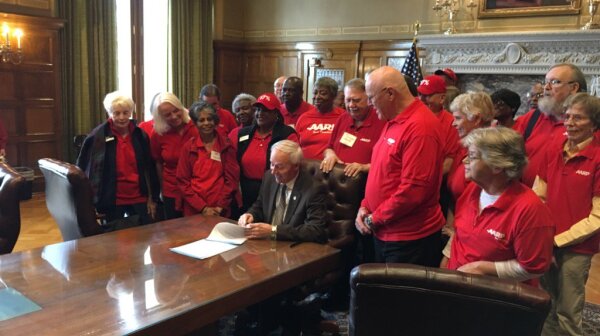AARP Eye Center
CLOSE ×
Search
Popular Searches
- right_container
- Health
- Money
- Work & Jobs
- Advocacy
- Social Security
- Medicare
- Caregiving
- Games
- Travel
- More...
- Entertainment & Style
- Family & Relationships
- Personal Tech
- Home & Living
- Auto
- Staying Sharp
- Podcasts
- Videos
Stay up-to-date on federal and state legislative activities. Learn how AARP is fighting for you in Washington D.C. and right here at home.
Arkansas Gov. Asa Hutchinson on April 11, 2017, publicly signed into law Senate Bill 658 by state Sen. Jason Rapert. The bill, which closes a loophole used by predatory lenders to charge Arkansans up to 280 percent Annual Percentage Rate (APR) interest, becomes Act 944 of 2017.
H.C. "Hank" Klein of Sherwood, a longtime AARP Arkansas volunteer leader, played a key role in removing predatory payday lending from Arkansas in 2009. Klein's expertise, passion and persistence during the legislative session that recessed April 3 of this year helped stop predatory lenders from regaining a foothold in our state.
A U.S. House of Representatives vote on the American Health Care Act is expected to occur on Thursday, March 23, 2017. AARP will publish a list of how every member of Congress voted on the health care bill. AARP's John Hishta explains:
Warren Searls, AARP Arkansas Lead Volunteer for Advocacy and Executive Council member, in this video explains that while the Arkansas Constitution "caps" interest on consumer loans at 17 percent Annual Percentage Rate (APR), an out-of-state lender is using a loophole to charge up to 280 percent APR! Senate Bill 658, which has passed the Arkansas Senate and is pending in the state House of Representatives, will seal shut this phantom loophole. AARP Arkansas strongly supports SB658—because less than eight years after payday lenders left Arkansas, we can't afford to let predatory lenders regain a foothold in our state.
An estimated 530,000 Arkansans—over half of Arkansans age 18 to 64—do not have access to a retirement savings plan through their employer. Senate Bill 236, which passed the Arkansas Senate Revenue and Taxation Committee today, would help address this issue by creating the Arkansas Small Business Voluntary Retirement Program.
AARP Opposes Special Interest Health Care Bill
Staying healthy and well nourished—what could be more important? AARP Arkansas is urging lawmakers to support those priorities by expanding health insurance and addressing hunger among older residents.
AARP Arkansas State Volunteer President Charlie Wagener in a column published Feb. 13, 2017, in the Arkansas Democrat-Gazette—" Wrong direction: Medicare vouchers a bad idea"—explains the serious risks that current and near-future retirees would face if Medicare is changed into a voucher system.
At AARP, we believe Medicare is a deal with the American people that must not be broken.
Arkansas is aging, with residents 60 and older expected to comprise 26 percent of the state population by 2030, up from 21 percent in 2012. Many residents, however, are not financially prepared for retirement.
Search AARP Arkansas
Connecting you to what matters most, like neighbors do. Find events, volunteer opportunities and more near you.
Sign Up & Stay Connected

















)
























































